As a non-Catholic, I have grave hesitation wandering in to public disputes about Catholic doctrine, and about the person of the Pope. My knowledge of Catholicism is pretty imperfect and tends to be riddled with misunderstandings, so rather than go full Vox on the subject, I tend to leave arguments about Catholics to the Catholics.
However, while I don’t know much about Catholicism, I do know at least a little bit about economics. Enough to know that the Pope’s much-discussed remarks on wealth yesterday tilt at two flatly inconsistent goals. So, while I don’t know whether they are in keeping with historical Catholic teaching, I do know that they are not reflective of realistic thinking about wealth vis-a-vis outcomes.
The first, basic thrust of the Pope’s remarks (or at least a necessary implication of his point) is that things like disease and poor sanitation are bad and should be eradicated to the extent possible in the world. Here, we are completely on the same page. The problem is the remarks the Pope has made repeatedly in anticipation of this trip about poverty and wealth, the latter of which he seems to view with suspicion bordering on hostility.
Look – as I understand it, the Pope is on relatively solid biblical ground here discussing an embrace of poverty as a lifestyle. I’m not even inclined to argue the point at all, theologically. Don’t store up treasure on Earth… store up treasure in heaven, and whatnot. The problem is that you can’t simultaneously be in favor of improving people’s lives on Earth and also embracing poverty. The two are flatly inconsistent.
This is not a subject of reasonable dispute. Whatever you think of the “soft” sciences, one thing that they have repeatedly demonstrated, beyond caveat, is that the single most important determining factor in physical health is a person’s wealth. Regardless of what metric you use – whether avoidance of disease, quality of life, length of life – the more money you have, the better off you are.
“Economic inequality,” on the other hand, is a completely useless measure for these factors. In fact, “economic inequality” can actually improve your health outcomes – if you make $60,000 a year, your health results are likely to be better if you live next to a billionaire than you are next to a person who also makes $60,000 because the presence of the billionaire is likely to improve services for the whole community (through taxation, philanthropy, and also through ordinary commerce).
Now look, as much as I am in favor of rich people spending their money on philanthropic causes like purchasing vaccines and medical supplies for benighted areas of the globe, these do not have long term wealth impacts on the areas and are therefore not as effective at improving outcomes. Charity is great; it isn’t nearly as great as creating a sustained middle class. And the best method of both creating wealthy people who can be charitable and also creating a sustained middle class is the very capitalism that this Pope (and many before him) have decried.
I do not object to the Pope saying that Americans (or anyone else) should embrace poverty. As I said, Catholic doctrine is much more his purview than mine, and moreover from a basic Christian perspective there is a lot to be said for not making yourself so comfortable on Earth that you lose sight of your heavenly goal.
It’s just that you can’t turn around and immediately decry the state of earthly suffering in impoverished regions of the world. These two things go inexorably together. If you want to embrace poverty, you must also embrace hunger, disease, poor sanitation, and all the things that of necessity go along with it.
You can’t give away your cake and eat it, too.



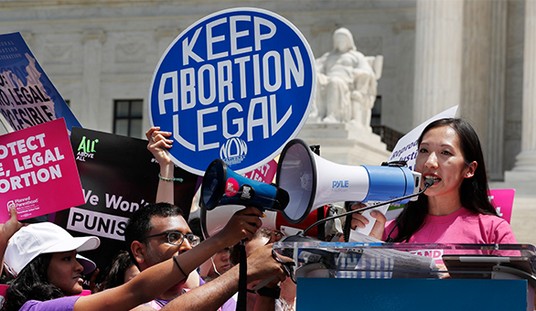

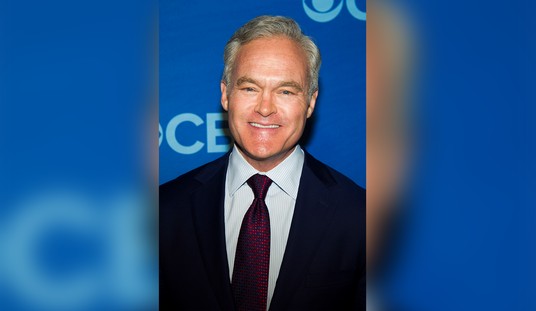



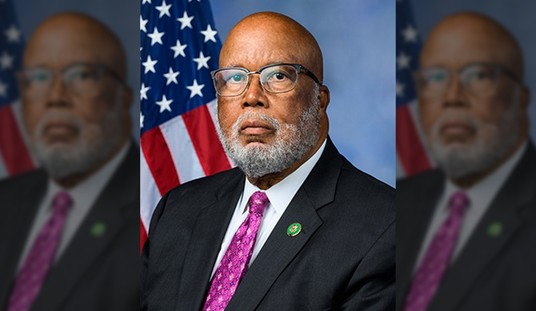
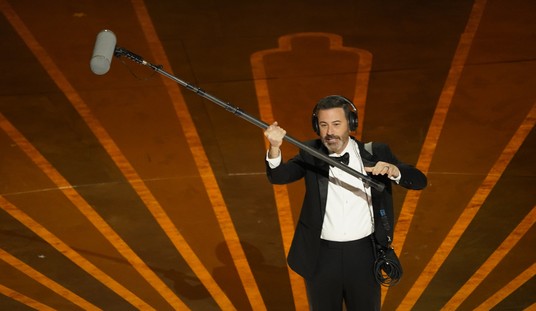

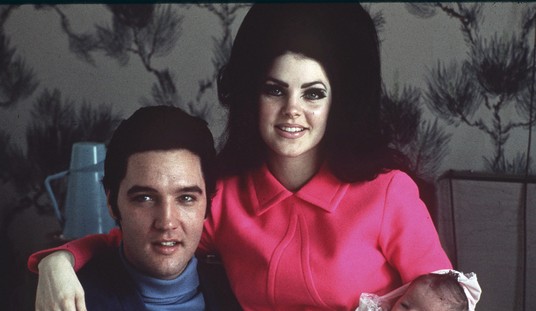
Join the conversation as a VIP Member